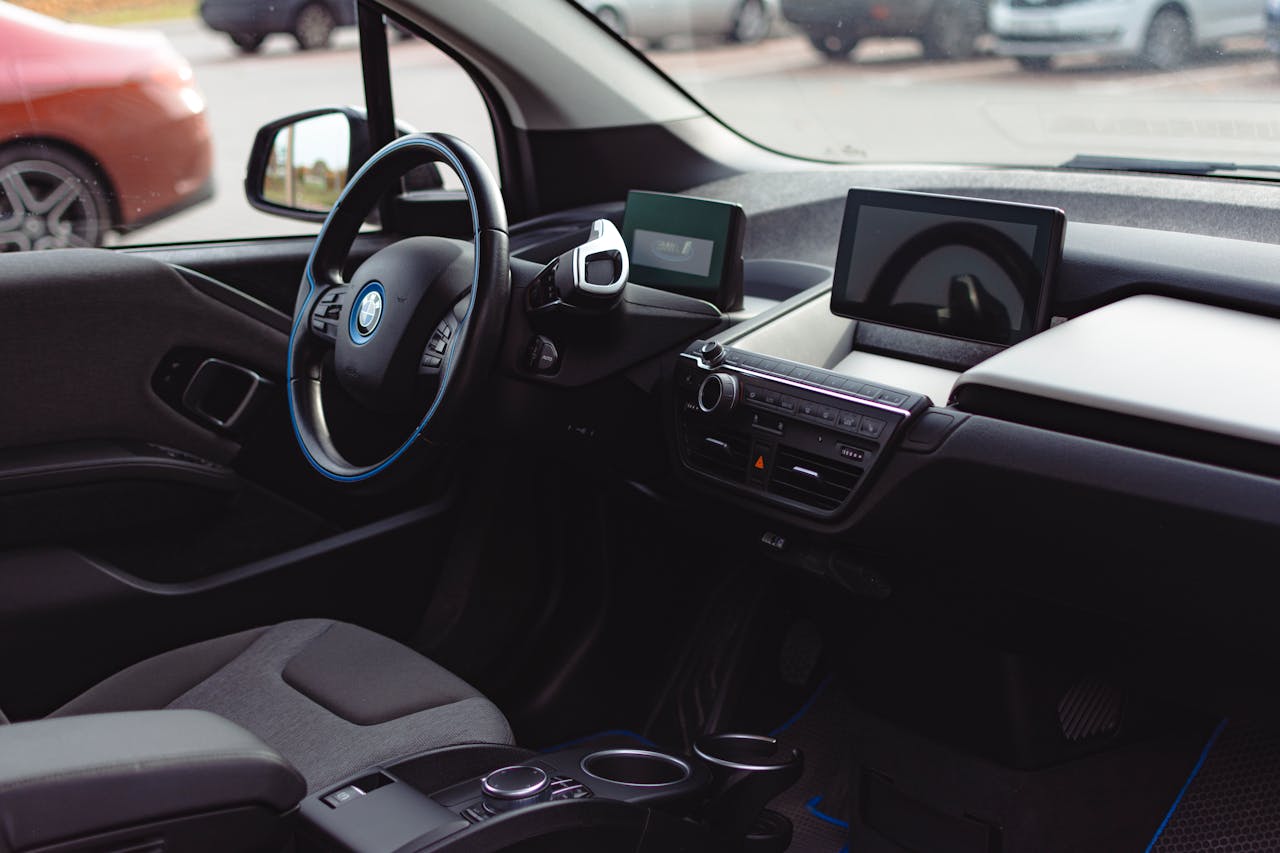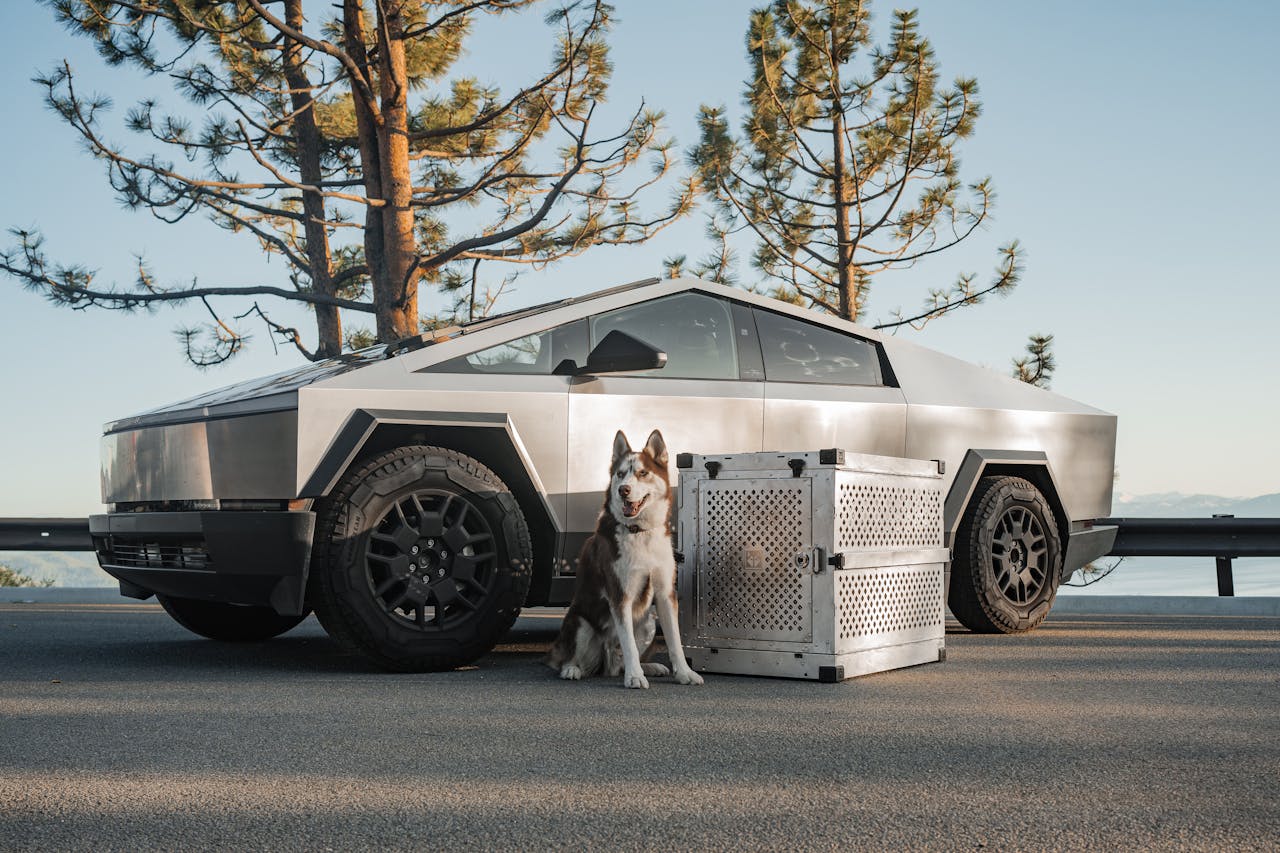The Shift to Electric Vehicles: How Automakers Are Responding to Changing Market Demands
The automotive industry is undergoing a significant transformation as the world increasingly prioritizes sustainability and environmental consciousness. The shift to electric vehicles (EVs) has become a central focus for automakers, driven by changing market demands, regulatory pressures, and advancements in technology. This article explores how automakers are adapting to this electric revolution, the challenges they face, and the future of the industry.

The Rise of Electric Vehicles: A Market Perspective
Consumer Demand
As awareness of climate change and air quality issues grows, consumers are showing a stronger preference for electric vehicles. According to recent studies, many car buyers are willing to consider EVs due to their lower emissions, reduced fuel costs, and government incentives. This shift is particularly noticeable among younger generations, who are more environmentally conscious.
Regulatory Changes
Governments worldwide are implementing stricter emissions regulations and setting ambitious targets for reducing greenhouse gas emissions. Countries like Norway and the UK have announced plans to ban the sale of new petrol and diesel cars by 2025 and 2030, respectively. These policies are pushing automakers to accelerate their transition to electric vehicles.
Automaker Strategies: Embracing Electric Mobility
Investment in Electric Platforms
To stay competitive, automakers are heavily investing in new electric platforms. Companies like Volkswagen and Ford have announced multi-billion dollar investments to develop EV-specific architectures that allow for greater flexibility, efficiency, and performance. This shift enables manufacturers to produce a wider range of electric models, from compact cars to larger SUVs.
Expanding EV Lineups
Major automakers are expanding their electric vehicle lineups at an unprecedented pace. For instance, General Motors has committed to launching numerous new electric models, including the Chevrolet Silverado EV and the GMC Hummer EV. Similarly, Tesla continues to innovate with models like the Cybertruck and updates to the Model S and Model 3.
Partnerships and Collaborations
To bolster their electric strategies, automakers are forming partnerships with tech companies, battery manufacturers, and energy providers. Collaborations like Ford’s partnership with Rivian and Volkswagen’s alliance with Ford to share EV technology are examples of how companies are pooling resources to enhance their electric offerings.
Challenges in the Transition to EVs
Battery Supply and Technology
One of the most significant challenges facing automakers is securing a reliable supply of batteries. The demand for lithium-ion batteries is soaring, leading to potential shortages and rising costs. Automakers are investing in battery production facilities and exploring alternatives, such as solid-state batteries, to mitigate these challenges.
Charging Infrastructure
The development of robust charging infrastructure is crucial for the widespread adoption of electric vehicles. While many countries are expanding their networks of charging stations, range anxiety remains a concern for potential EV buyers. Automakers are partnering with charging network providers to enhance accessibility and convenience for users.
Consumer Education and Acceptance
While consumer interest in electric vehicles is growing, education about their benefits and functionality is essential. Many consumers are still unaware of the advancements in EV technology, such as longer ranges and faster charging capabilities. Automakers are investing in marketing and educational campaigns to dispel myths and promote the advantages of EV ownership.

The Future of the Automotive Industry
A Greener Tomorrow
The shift to electric vehicles is not just a trend; it’s a vital part of the broader movement towards sustainable transportation. As technology advances, we can expect improvements in battery efficiency, vehicle range, and charging speed, making EVs even more appealing to consumers.
Innovations Beyond Vehicles
The electric revolution also opens up opportunities for automakers to explore innovations beyond traditional vehicles. Concepts like vehicle-to-grid technology, autonomous driving, and integrated smart city solutions will play a crucial role in shaping the future of mobility.
Conclusion: A Transformative Era
The shift to electric vehicles represents a transformative era in the automotive industry. As automakers respond to changing market demands, they are not only redefining their product offerings but also contributing to a more sustainable future. While challenges remain, the commitment to innovation, collaboration, and consumer education will be key to navigating this evolving landscape. As we move forward, the electric vehicle revolution promises to reshape how we think about transportation and its impact on our planet.












